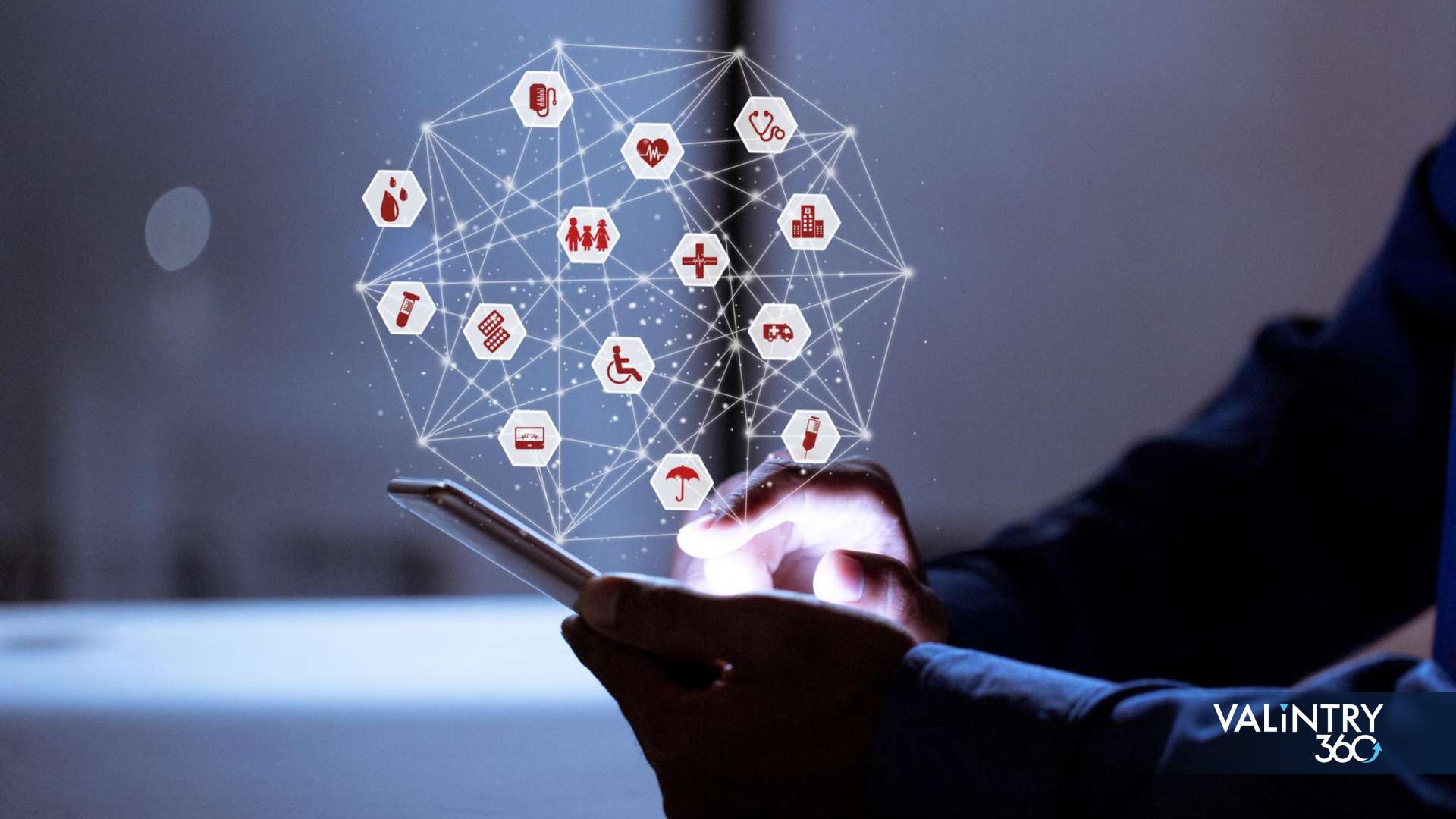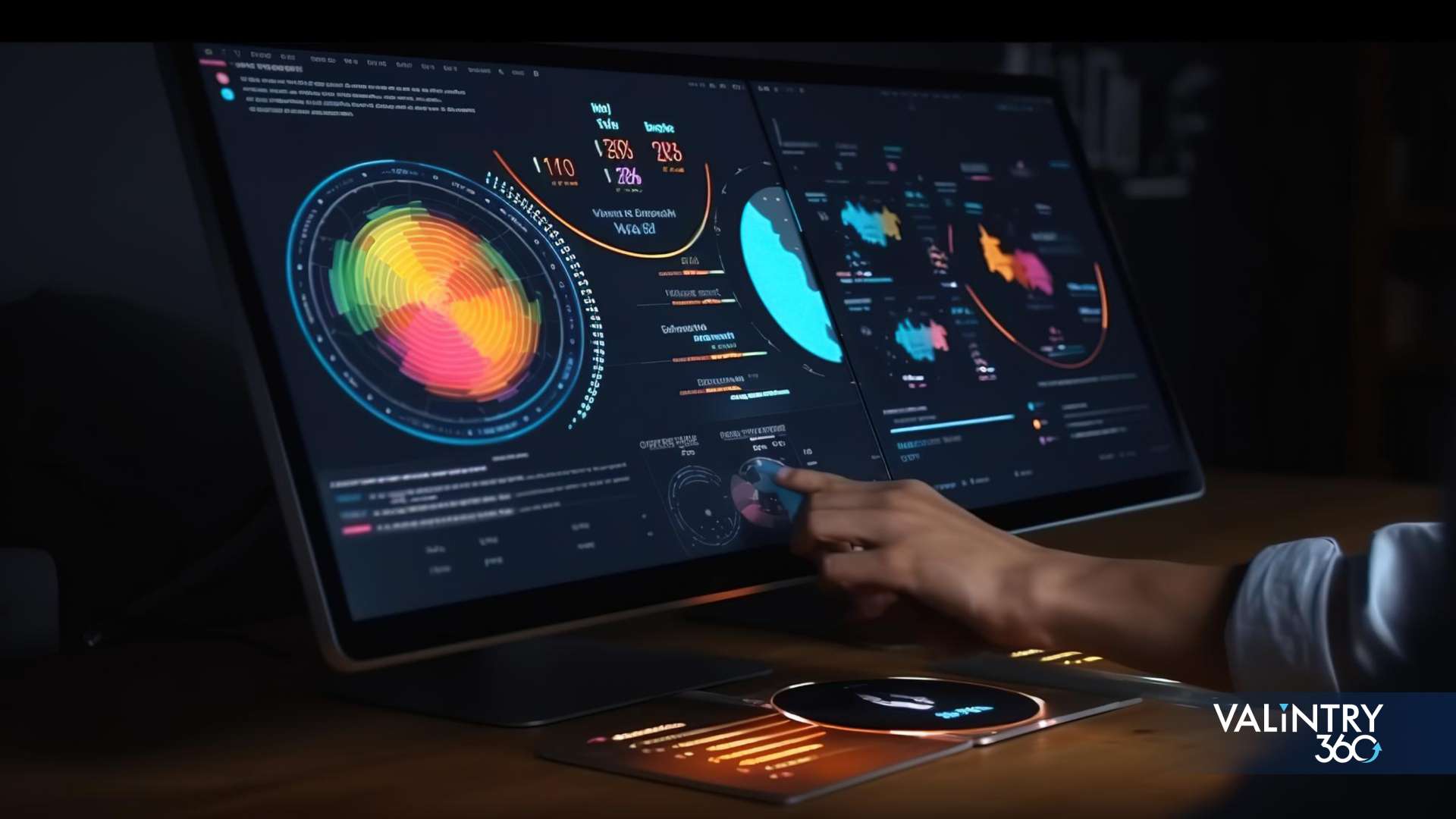
- Healthcare and Life Sciences
In the rapidly changing and tightly regulated environment of Life Sciences & Healthcare, call center support organizations play a crucial role in providing timely assistance and information to healthcare professionals, patients, and other stakeholders. To meet the complex needs of the industry while delivering exceptional customer service, these organizations require robust and efficient solutions. Our experience has shown with our Life Sciences & Healthcare customers the necessity of offering multiple communication channels to accommodate varying customer preferences and needs is crucial to outstanding customer experience. VALiNTRY360 has provided solutions that not only enhance accessibility but also ensure that clients can engage with the call center through their preferred method, ultimately improving customer satisfaction and fostering stronger relationships.
Overview
Challenge
Life sciences & Healthcare companies often encounter challenges in providing customer support due to several key areas.
- Navigating Regulatory Compliance: Ensuring adherence to strict regulatory guidelines while providing support.
- Complexity of Products and Services: Addressing inquiries related to technical and intricate life sciences products.
- Confidentiality and Privacy: Handling sensitive healthcare information with utmost confidentiality and privacy.
- Keeping Pace with Industry Changes: Staying updated with rapidly evolving industry trends and advancements.
- Ensuring Quality and Timeliness: Providing high-quality support in a timely manner to meet customer needs and expectations.
- Training and Skill Development: Providing ongoing training and skill development programs to equip agents with the knowledge and expertise required for effective customer interactions.
- Managing High Call Volumes: Handling large volumes of calls efficiently during peak times without compromising on service quality.
How it is Important
Working with numerous Life Sciences & Healthcare clients, has successfully identified the preferred methods of communication for Life Sciences organizations and successfully configured tailored solutions that deliver substantial value. These include:
- Phone Calls: Traditional phone support remains a widely utilized and effective method for immediate assistance and problem resolution.
- Email: Email communication provides a written record of interactions and is often used for more complex inquiries or requests that require detailed responses.
- Live Chat: Live chat support offers real-time assistance and is particularly effective for addressing quick queries and providing instant solutions.
- Web Portals: Web portals provide clients with self-service options for accessing information and managing their accounts, reducing the need for direct agent involvement for routine tasks.
- Social Media: Social media platforms are increasingly used for customer engagement, allowing call centers to respond to inquiries, provide updates, and build relationships with clients in real-time.
- SMS/Messaging Apps: Text messaging and messaging apps offer convenient communication channels for clients to receive notifications, reminders, and updates from call centers, enhancing engagement and responsiveness
Solution Approaches
Leveraging a robust suite of tools to tailor solutions for patient support teams in the Life Sciences & Healthcare industry can be used to design solutions to address the diverse communication needs of its customers, particularly in engaging with patients. Implementing tailored solutions communication channels can be enhanced, ultimately fostering improved patient engagement, satisfaction, and overall value for Life Sciences & Healthcare organizations. Additionally, with customizable case workflows, automated routing, and intelligent prioritization, organizations can ensure that each inquiry is handled promptly and effectively, improving overall operational efficiency and customer satisfaction.
Phone Calls
Leveraging integration techniques telephony systems can provide a seamless interaction for support personnel. This integration enabled functionalities such as click-to-dial, call logging, and call routing, ensures that phone-based interactions are efficiently handled and logged for seamless communication management.
Multi-Channel Engagement

Today’s customers expect seamless and consistent support experiences across multiple channels, including email, chat, and social media. Using appropriate tools with functionality has configured solutions which allow call center support organizations to manage interactions across these channels from a single unified platform. Agents can easily switch between channels, view customer interaction history, and respond in real-time, ensuring a cohesive and personalized experience regardless of the communication channel used. This approach not only improves efficiency but also enhances customer satisfaction and loyalty.
Knowledge Management and Self-Service
In today’s digital age, patients increasingly favor a self-service approach to obtaining answers to their questions. Empowering customers with access to self-service resources and knowledge bases can be used to significantly reduce call volumes and improve overall customer satisfaction. Configuring content management enables call center support organizations to create and manage a centralized repository of articles, FAQs, and troubleshooting guides. Customers can easily search for answers to their questions or issues, reducing the need for agent assistance and empowering them to find solutions independently. If appropriate, a patient portal can be configured to allow organizations to create online communities where customers can collaborate, share experiences, and access support resources, further enhancing the self-service experience.
Advanced Analytics and Insights

Presently, and in the years ahead, scrutinizing data will remain crucial and the ability to derive actionable insights from customer interactions become critical for driving continuous improvement and innovation. Configuring powerful analytics and reporting capabilities, allows call center support organizations to track key performance metrics, identify trends, and gain valuable insights into customer behavior and satisfaction levels. With actionable insights at their fingertips, organizations can make informed decisions, optimize processes, and proactively address customer needs, ultimately driving operational excellence and business growth.
Patient 360-degree View
Integrating the selected communication methods into a well-defined Customer Relationship Management (CRM) application a 360-degree view of patient information enables personalized interactions based on individual needs, preferences, and health status. Integrated data from diverse sources allows for timely and relevant communications across multiple channels, fostering trust, enhancing engagement, and improving patient outcomes.
Business Impact
The success of a well-executed communication approach in Life Sciences & Healthcare can be accurately gauged through the lens of key metrics. These metrics serve as vital signposts, illuminating the efficacy of strategies, the depth of impact, and the alignment with overarching objectives. In the realm of Life Sciences & Healthcare, where precise communication and seamless operations are paramount, identifying and leveraging these metrics is indispensable to ensuring optimal patient care and organizational excellence. Some of these are:
- Patient Satisfaction Scores: Assessing patient feedback through surveys or ratings to gauge their satisfaction with communication methods.
- Health Outcomes: Tracking improvements in patient health outcomes resulting from clear communication and adherence to treatment plans.
- Response Time: Measuring the speed at which patients receive responses to their inquiries or requests for information.
- Reduced Readmission Rates: Examining the frequency of hospital readmissions as an indicator of effective communication and follow-up care.
- Patient Engagement Levels: Assessing the level of patient engagement with educational materials or interactive communication platforms.
- Cost Savings: Calculating the cost savings associated with reduced administrative tasks or improved treatment adherence facilitated by effective communication methods.
- Health Literacy Improvement: Assessing improvements in patients’ understanding of their health conditions and treatment options over time.
Conclusion
Implementing a comprehensive suite of solutions tailored to empower Life Sciences & Healthcare call center support organizations in delivering exceptional customer experiences. From streamlined case management and 360-degree customer views to omni-channel engagement, knowledge management, and advanced analytics, Salesforce enables organizations to drive efficiency, enhance customer satisfaction, and achieve success in the dynamic and competitive landscape of the life sciences industry. By leveraging Salesforce solutions, call center support organizations can stay ahead of the curve, meet evolving customer expectations, and drive innovation in the ever-changing world of life sciences.
Related Posts
- Healthcare and Life Sciences
Unlocking Potential with Agentforce: Transforming Health and Life…
Salesforce’s Agentforce is revolutionizing how organizations operate, especially in the Health and Life Sciences sectors. By offering a suite of autonomous AI agents, Agentforce enhances efficiency and improves customer engagement, all while addressing the complexities inherent in healthcare. What is…
- Healthcare and Life Sciences
Transforming Healthcare Claims Processing in Revenue Cycle Management
Healthcare organizations must optimize their revenue cycle management (RCM) processes in the face of complex reimbursement models and rising operational costs. Powerful digital tools like Salesforce’s Health Cloud are transforming RCM, offering advanced features that streamline claims processing and enhance…
- Healthcare and Life Sciences
Salesforce Analytics: Driving Data-Driven Decisions in Health and…
In the rapidly evolving landscape of health and life sciences, the ability to make informed, data-driven decisions is crucial for improving patient outcomes, optimizing operational efficiency, and driving innovation. The integration of advanced technologies such as artificial intelligence (AI), machine…

